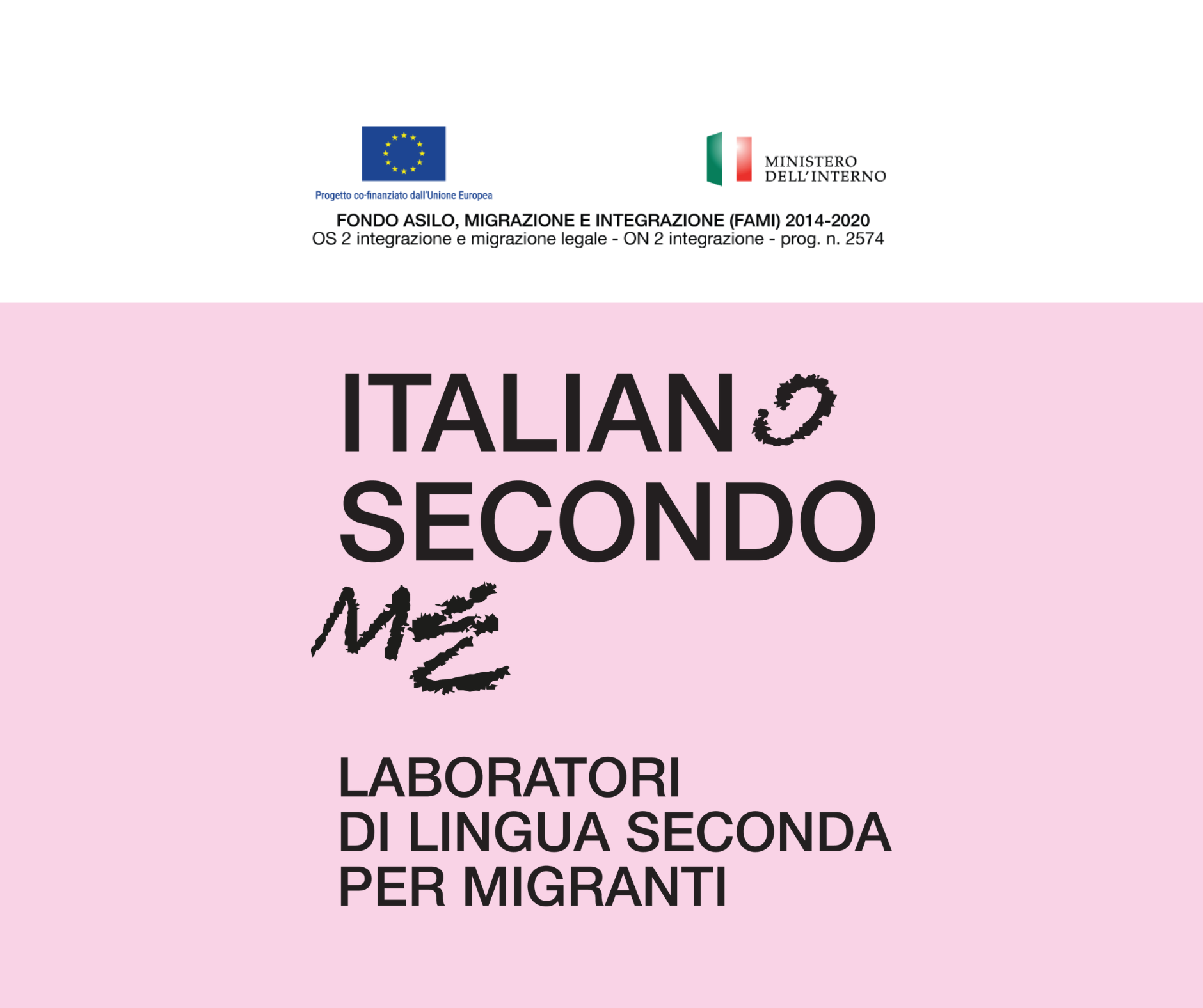Milan L2. Language workshop with migrant women and minors
-
Duration
20192022 -
Work area
Participatory researchResearchTraining -
Scope
Local -
Funding
Asylum, Migration and Integration Fund -
Status
Filed

Milano L2. Laboratori di lingua con donne e minori migranti (Milan L2. Language workshop with migrant women and minors) is a project built on the experience on Italian learning as second language (L2) gathered throughout our Fil Rouge and Parl@mi projects. Differently from these past initiatives, Milano L2 focuses on a specific target and aims to reinforce civic and language education in Milan in order to address the educational needs of women and minors with migratory background.
The educational outcome, which is both specialized and experimental, is directed to these marginalised groups, is delivered by the partners of the Network of Italian L2 schools, and is promoted by the Municipality of Milan in collaboration with the Provincial Centre for Adult Education (CPIA5).
Within the project – and in view of the experimentation – we introduce a pathway to engage young people of both Italian and foreign origin, to be included as tutors in school. As project leader, Codici manages, together with the partner schools, the search for and training of the tutors and their ongoing supervision.
Furthermore, two ‘communities of practices’ enhance the experience and skills of the partner organisations. Within these communities, teachers and educators, together with the Municipality and the CPIA5, are called on to share teaching and experimental educational practices, coordinated and supervised by Codici and Fondazione ISMU. The same two organisations also propose training sessions to teachers, workers and volunteers interested in Italian L2 teaching.
Finally – in order to give a voice to the project’s recipients – we work with the students on expressing their experiences, through the use of words, images, and mixed media. This process leads to the co-creation of flags, showcasing the experiences, feelings and thoughts of the women and minors involved.


